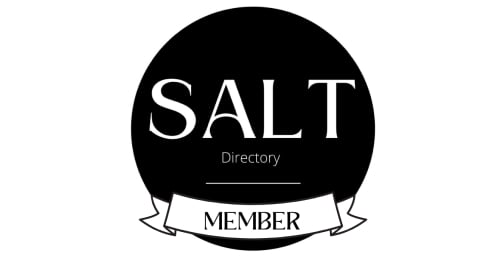“How can we reduce the financial impact if one of us dies?”
Talking about our death to a partner or family member is hard thing to do and not pleasant as death is something we prefer did not happen.
However, we see many clients who after the death of a partner/spouse were left financially worse off, when it could have been avoided by some discussion and actions whilst alive.
We would all prefer to leave more to the beneficiaries of our estate, whether that be children or wider family members or those who we care about, but very few people do anything to make that happen.
Here are some simple tips to consider.
- Simply checking the will for errors (e.g. names, spelling errors, typos, dates etc)
- Checking to see that the executors are alive and are able to administer your will (it is possible that an executor nominated at the time – is now elderly or has dementia or is unable to administer the estate) in which case the estate may have to apply to the court for “Letters of Administration” a slower and more expensive process.
- Reviewing who you are leaving your assets to e.g., are they still alive?, do you know where they are located? Often beneficiaries have moved and it is difficult to locate them
- Do the assets you are leaving to certain beneficiaries still exist.
- Would the beneficiaries of your estate be disadvantaged by receiving your estate (e.g. their pension may be lost or reduced, or the beneficiary may be subject to bankruptcy, or possibly an abusive spouse, or disabled or vulnerable and consequently could be stolen by someone who exerts control or influence over that vulnerable person).
- It is possible that you are leaving differing amounts or assets to family members and now the value of those assets are extremely disproportionate e.g., leaving one person a property and the other an equivalent amount of savings, but years later the value of the property is much greater than the amount of cash, which could lead to a very expensive legal battle-meaning everyone loses. A little bit of expense now in reviewing your estate plan, may save a lot of expense later.
- Have you considered what assets you are leaving to certain people, how it will impact them from a tax perspective e.g., leaving a spouse superannuation is tax free (with a few exceptions) whereas leaving super to one of your children who are over 18 may be subject to tax, or leaving an asset that is subject to Capital Gains Tax (CGT) when that beneficiary would sell that asset (would incur CGT). Maybe leaving the CGT-able asset to someone who would prefer to keep it, would not incur CGT to them. I.e., discussing with the beneficiary what their intentions for the receipt of the inheritance may change what assets you leave to whom.
- How do you provide for a disabled child, or child who is bankrupt, or having marital problems or suffers from substance abuse or alcoholism, to protect them AND your hard earned assets?
- What happens or could happen if you want to leave a particular child out of your will due to estrangement or argument. What are their rights? What could happen? are there smarter ways to achieve the objective?
- Have you considered whether the person you made the executor is the most appropriate person. We often see executors who are not driven to attend to their tasks as executor (possibly because they are not interested in financial issues, or have no experience, or are simply just lazy & don’t attend to paperwork that needs to be done). Reviewing and even asking them if they are prepared to take on the responsibility, or whether they realise the responsibility attached.
A discussion about your will and your intentions for your estate, not only gives you peace of mind but also ensures that the likelihood of any legal disputes are minimised.
If you would like to discuss issues about your will and consider an estate plan call us on 1300 556 287







